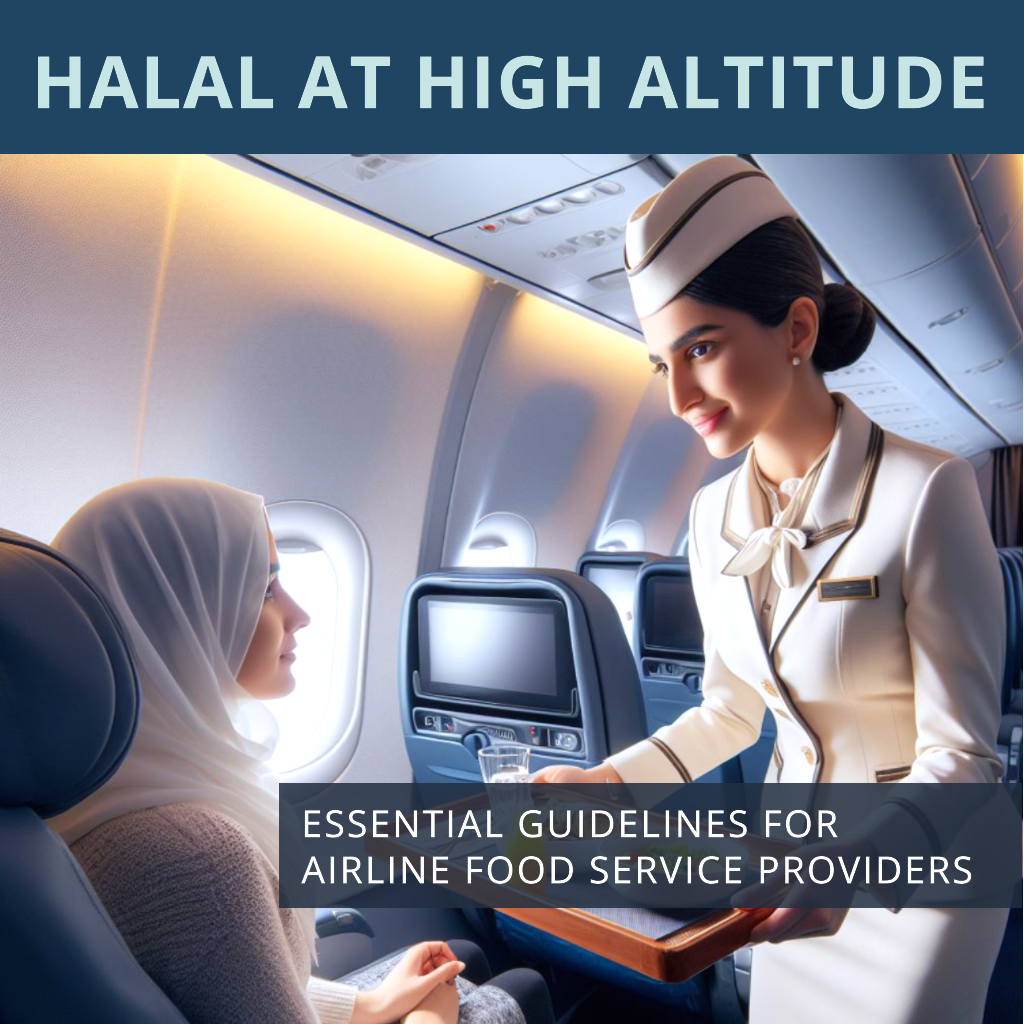Halal at High Altitude: Essential Guidelines for Airline Food Service Providers
The aviation industry, particularly inflight caterers, plays a pivotal role in connecting cultures and catering to a diverse clientele. One aspect that requires meticulous attention is the provision of Halal food for passengers traveling to or from a Muslim country such as Malaysia or the United Arab Emirates (UAE). Understanding and adhering to Halal import regulations is crucial for airlines to ensure compliance and meet the dietary needs of their Muslim passengers. MHCT Agency, with its deep understanding of these requirements, offers this comprehensive guide to navigate the complexities involved.
Understanding Halal Import Requirements
Malaysia and the UAE maintains strict guidelines for the importation of Halal food products, ensuring that all items meet Islamic dietary laws. These regulations are designed to respect the religious practices of Muslim consumers while maintaining food safety and quality. For airlines and inflight service providers, it is essential to be aware of these requirements to avoid any disruptions in service delivery.

The key documents required for importing Halal food include:
- Bill of Entry or Airway Bill: This document is essential for all consignments and serves as proof of the import transaction.
- Packing List: Details the specific contents of the shipment, ensuring transparency and ease of inspection upon arrival.
- Health Certificate: Issued by the government or a local authority of the source country, this certificate verifies the safety and hygiene of the food products.
- Halal Certificate: For meat and poultry products, a Halal certificate from an Islamic organization recognized by the government is mandatory (E.g., countries like UAE and Malaysia). This document confirms that the products comply with Islamic dietary laws.
- Certificate of Origin: This certificate provides verification of where the goods were produced, processed, or manufactured.
Exemptions and Special Considerations
Interestingly, there is a specific exemption concerning inflight meals. The regulations detailed above do not apply to inflight meals supplied to airlines that serve these meals onboard the aircraft over international airspace. This exemption acknowledges the unique operational environment of airlines and provides flexibility in catering to the diverse dietary requirements of passengers while in flight.
In addition to existing guidelines, it’s noteworthy that while some government officials or agencies may suggest that the Halal certificate for inflight meals should be government-recognized, there are no explicit written rules or laws mandating this. Consequently, onboard Halal meals are not subject to the same stringent requirements as ground services, providing airlines with more flexibility.
It is important to note that while the provision of Halal meals onboard is not bound by the specific government regulations of any single country when served over international airspace, adherence to Halal standards through proper certification remains a critical requirement. This ensures that sourcing and preparation of these meals strictly follow Islamic dietary laws, essential for maintaining the trust and satisfaction of travelers.

MHCT Agency stands ready to assist you in meeting these standards, bolstering your reputation as an airline caterer.
